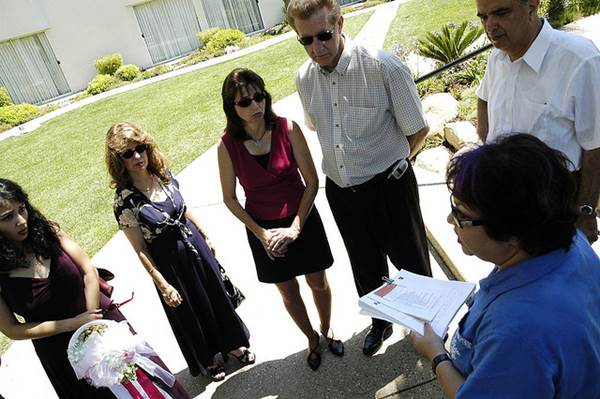 Wedding Planner Venus going over details with the family – Photo Courtesy: Kurt
Wedding Planner Venus going over details with the family – Photo Courtesy: Kurt
Although many people have dreamt of what their wedding will be like since they were just a few feet tall, the reality of actually planning a wedding and making these dreams come true can be enough to cause anyone a nervous breakdown! With so much anticipation and so many high hopes riding on creating the most staggeringly, flawless and memorable day, planning a wedding is no walk in the park. Your average wedding takes 200 – 250 hours to plan and organize.
Enter the wedding planner!
Life of a wedding planner
The life of a wedding planner is not always cloaked in a beautiful, idealistic cloud of romance. Working as a professional wedding planner will have lots of boring and highly stressful elements to it as well.
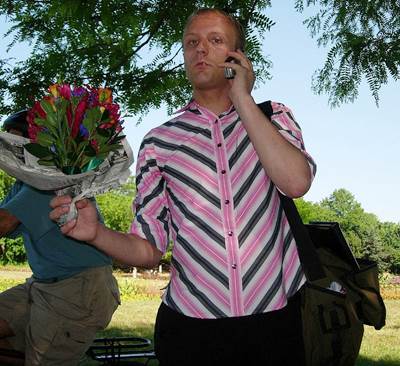
For starters, most wedding planners are self employed. This sounds great – right? Working from home or from your very own office with no one else to answer to? Wrong! – It can be extremely stressful working on your own and means that you have to deal with all the accounts, legalities and admin all on your lonesome too. That being said, if you’re good at keeping a cool, calm head in a stressful situation then when you see all of your hard work come together on the bride and groom’s big day, the rewarding side of the job will by far outweigh the bad bits.
What do wedding planners do?
As we previously discussed, most professional wedding planners are self employed individuals. This means that as well as all of their wedding planning duties, they also need to deal with the accounts, legalities, business planning and strategies, administration, marketing and the HR for their business. As you can imagine, juggling all these things is quite a handful and they usually end up working long hours.
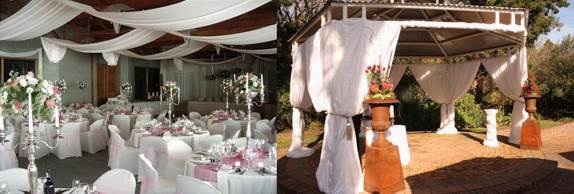
The role of the wedding planner is to support, give advice and inspire the happy couple throughout all of the preparation and planning for their wedding day. This usually begins with an initial consultation during which the couple will describe all of their ideas and hopes and dreams for their big day to the planner. The planner will then use this information to plan and organize every aspect of the wedding down to the finest details to ensure that the day runs flawlessly to plan. This can include (but is not restricted to!) invitations, decorations, entertainment, venue, cake, favours, transport and much more. The responsibilities of a wedding planner demand a person that is personable, a good communicator and negotiator, extremely organized, creative, calm and great at managing people and money.
The more experience you get in the industry, the longer your list of contacts and connections should get. Wedding planners need to be able to build great relationships with people in order to negotiate discounts and deals.
How to become a wedding planner
There are no formal qualifications required in order to become a wedding planner. However, a wedding is often one of the most significant days in a person’s life.Therefore customers will be looking for a wedding planner that they know they can rely on, with proven ability, knowledge and experience.
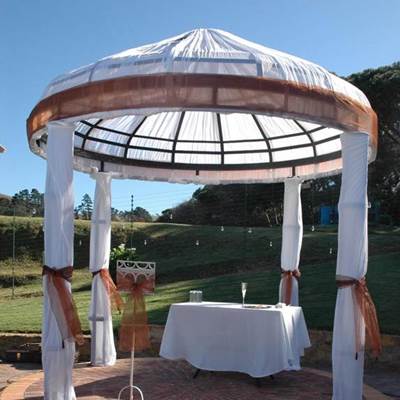
If you’re thinking of setting up your own business this is no easy task either.It is best to work your way up to becoming a wedding planner whilst creating your own portfolio of experience and examples of your work.There are also plenty of specialist wedding planning courses that you can go on that can teach you everything from the art of draping and table setting, to wedding etiquette and event design.
Work Experience
Studying event management and business management is beneficial for anyone looking to break into the wedding planning industry.It’s also a great idea to get as much work experience as possible either with wedding or event planning companies during your school or college holidays. Once you finish your education, it is unlikely that you will be able to walk straight into your dream wedding planning career.
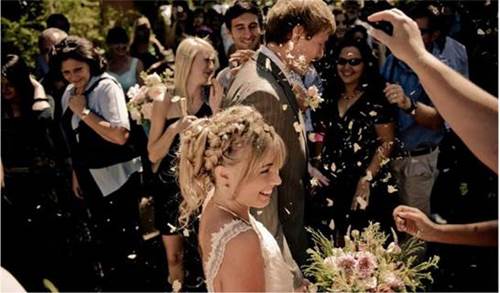
Be patient and start out gaining some experience working in a venue like a hotel as a wedding coordinator, or working in admin or as an assistant in a wedding planning or event management company.Take photographs and collect evidence of all the events that you help out in organizing until you have built yourself an impressive portfolio of work. Chances are that you’ll know when you feel confident enough to go it alone and start working as a wedding planner yourself.
 Author Bio
Author Bio
Sarah Hewitt is a new blogger who blogs about anything and everything. You can contact her via her Twitter page or Google+.



Leave a Reply